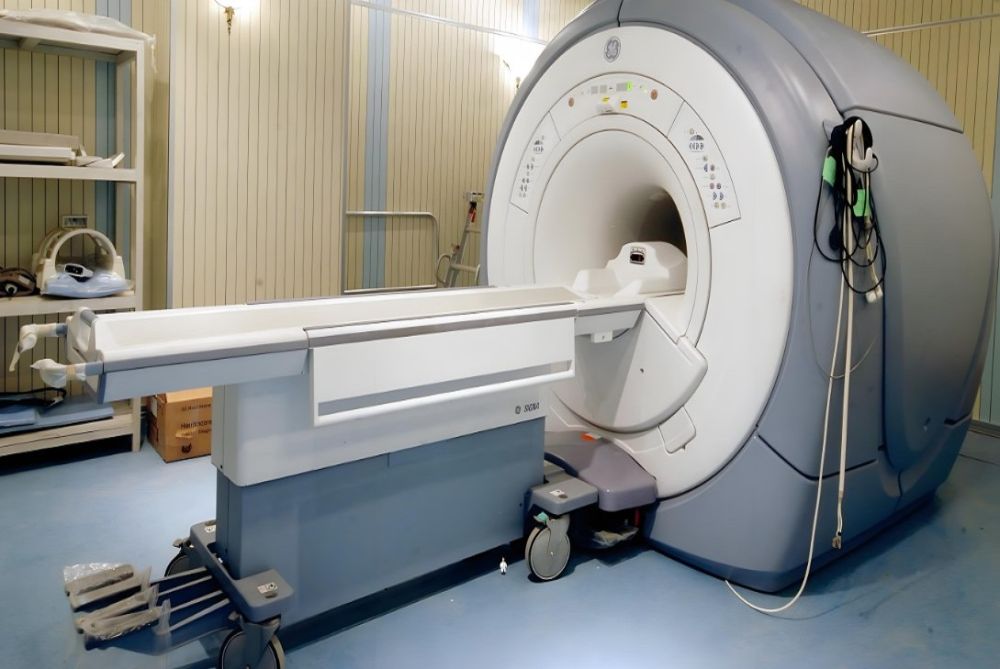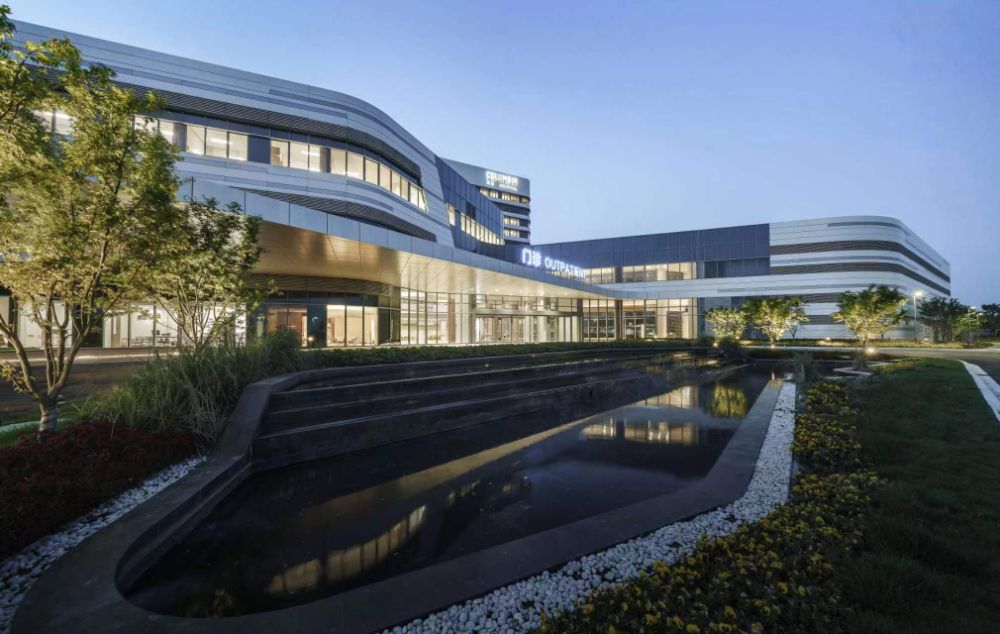
PLUSspace
Medical engineering is a critical infrastructure project that directly impacts national welfare, social stability, and public safety. It involves a high degree of professionalism, technical complexity, and specialized skills. In medical engineering projects, Plus Space demonstrates several significa...
Medical engineering is a critical infrastructure project that directly impacts national welfare, social stability, and public safety. It involves a high degree of professionalism, technical complexity, and specialized skills. In medical engineering projects, Plus Space demonstrates several significant features:
1. High Degree of Professionalism: Medical engineering involves multiple fields such as medicine, architecture, engineering, and management, requiring a specialized design, construction, supervision, and operations team to collaborate. Additionally, it includes the installation of medical equipment and the development of medical information systems, placing higher demands on the contractor's professional capabilities.
2. Technicality: The technical aspects of medical engineering are reflected in several areas. First, advanced construction techniques are required, such as green building practices and energy conservation. Second, high-performance medical equipment and technologies, such as MRI and CT scanners, need to be installed. Lastly, an efficient information system must be established to facilitate the rapid transmission and processing of medical data.

3. Complexity: The complexity of medical engineering manifests in several ways: large-scale projects, involvement of multiple specialized fields, extended construction periods requiring long-term planning and preparation, and the need to coordinate between various departments and units, such as medical equipment suppliers, contractors, and supervisors. Additionally, the stringent acceptance standards must meet the specific requirements of the medical industry.
4. Safety: Safety is paramount in medical engineering. Firstly, the safety and stability of the building structure must be ensured. Secondly, safety applies to medical equipment and the medical information systems. Finally, a comprehensive safety management system must be established to ensure the safety of the construction process.
5. Project Management: The project management of medical engineering is highly challenging. The construction period is long, often spanning multiple years and subject to seasonal and weather influences. Project management must also coordinate the collaboration of various specialized teams. Additionally, project management requires strict adherence to the specific standards of the medical industry.
In conclusion, the key challenges in medical engineering construction include high construction standards, complex construction environments, critical material selection, high-quality requirements, and significant safety risks. Plus Space has a professional medical engineering team that enhances construction management and improves the technical skills of construction personnel, ensuring both quality and safety in the project.
